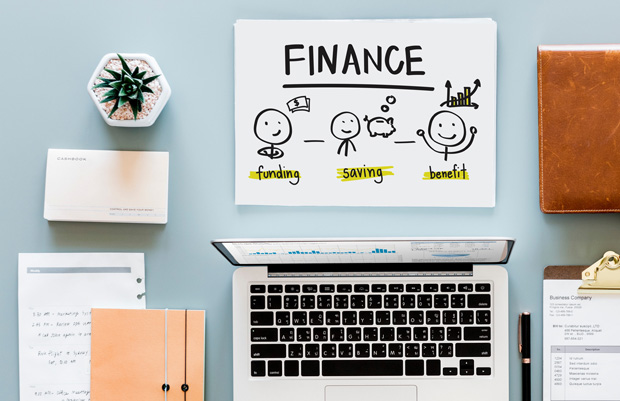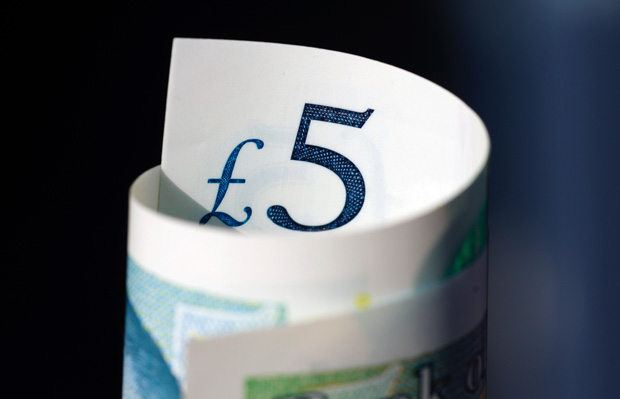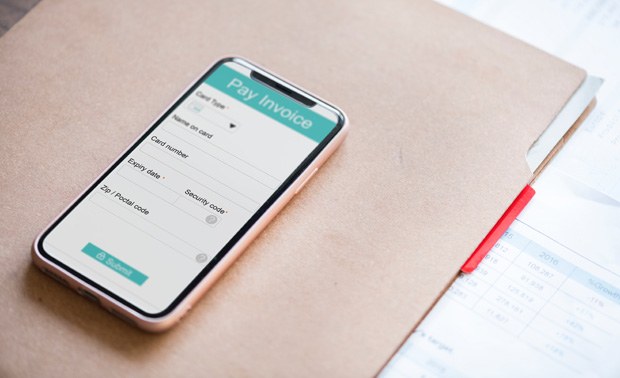Managing Your Money When You Have Little Ones

Managing Your Money When You Have Little Ones
Kids are expensive. No matter how much you might try to cut corners, there’s always something that you’re going to have to fork out for – whether this may be school trips, new clothes, or replacement gadgets should something be broken. You don’t want them to go without! However, many parents make the mistake of borrowing money to cover extra costs and find themselves struggling to make payments or falling into debt. Instead, what you should do is manage your money well from the outset. This means that you will always be in positive credit and may even have savings put aside for a rainy day or emergencies. So, here are a few different ways to manage your money effectively.
- Create a Budget and Stick to It
First things first, you need to work out what money you have to work with. So many of us misjudge the amount of money that we actually make and this can easily lead to overspending. We will often see our “salary” written down on our work contracts and assume that this is the amount that we have to take home. But this isn’t necessarily true. In fact, more often than not, you’re going to have to deduct a range of taxes from this sum before you get your true take-home pay figure. So, work this all out before starting to budget. It will give you a more accurate representation of what you can and can not afford. There are specialist calculators out there that will work out your take home pay on your behalf. Once you have your final figure, you will be able to work out your disposable income. All you have to do is remove the cost of essentials from your total figure. Essentials are the things that you can’t live without. They can include your home (whether this is rent payments or mortgage payments), housing tax (such as council tax), energy bills (including gas, electricity, and water), sustenance (food and drink), and sometimes a means of transport in order to secure a job and get to work. The amount that you have left is your disposable income and is what you can spend on extras in your life.
- Minimising the Price of Your Bills
So, let’s take a quick look at how to cut the costs of your essentials. Just because you need these things doesn’t necessarily mean you only have one option – there’s still choice in the matter and areas where you can save. When it comes to bills, you can’t decide to just go without electricity, gas, and water. You can minimise your usage to a degree, which is good for both your pocket and the environment. However, little ones tend to come hand in hand with increased energy consumption. The best way to reduce your energy costs as much as possible is to scour the market for the best deals regularly. Many of us sign up to the first company that presents itself to us or stick with the same company for years even though others may have changed their rates and be offering something more cost effective. Don’t be afraid to switch up suppliers or challenge the company you’re with – they may offer a price match to maintain your custom. For things like phone bills, try not to be drawn into contracts that add on loads of unnecessary extras. You can also Check Money pugs best mobile deals to compare different contract types.
- Reducing Your Food Shopping Spend
Food and drink are another essential, but so many of us waste excessive amounts of money on items that we don’t need or for branded products that have cheaper and extremely similar alternatives. Budgeting your food shop is very easy with just a little organisation. Instead of heading to the store without a set plan of what you’re going to buy, make a shopping list with all of the necessary ingredients for the week’s meals. This will prevent you from picking up random products that you’re unlikely to use. Also, consider going to lower cost stores. They may be a little further from home, but the convenience of convenience stores is reflected in their prices.
As you can see, managing your money is going to take time and dedication, but the money you save thanks to your efforts will be more than worth the investment! You can put the money you’ve saved into a savings account, which you can draw from when you really need to purchase something new for your little ones or your family home.
Contributed Article.




